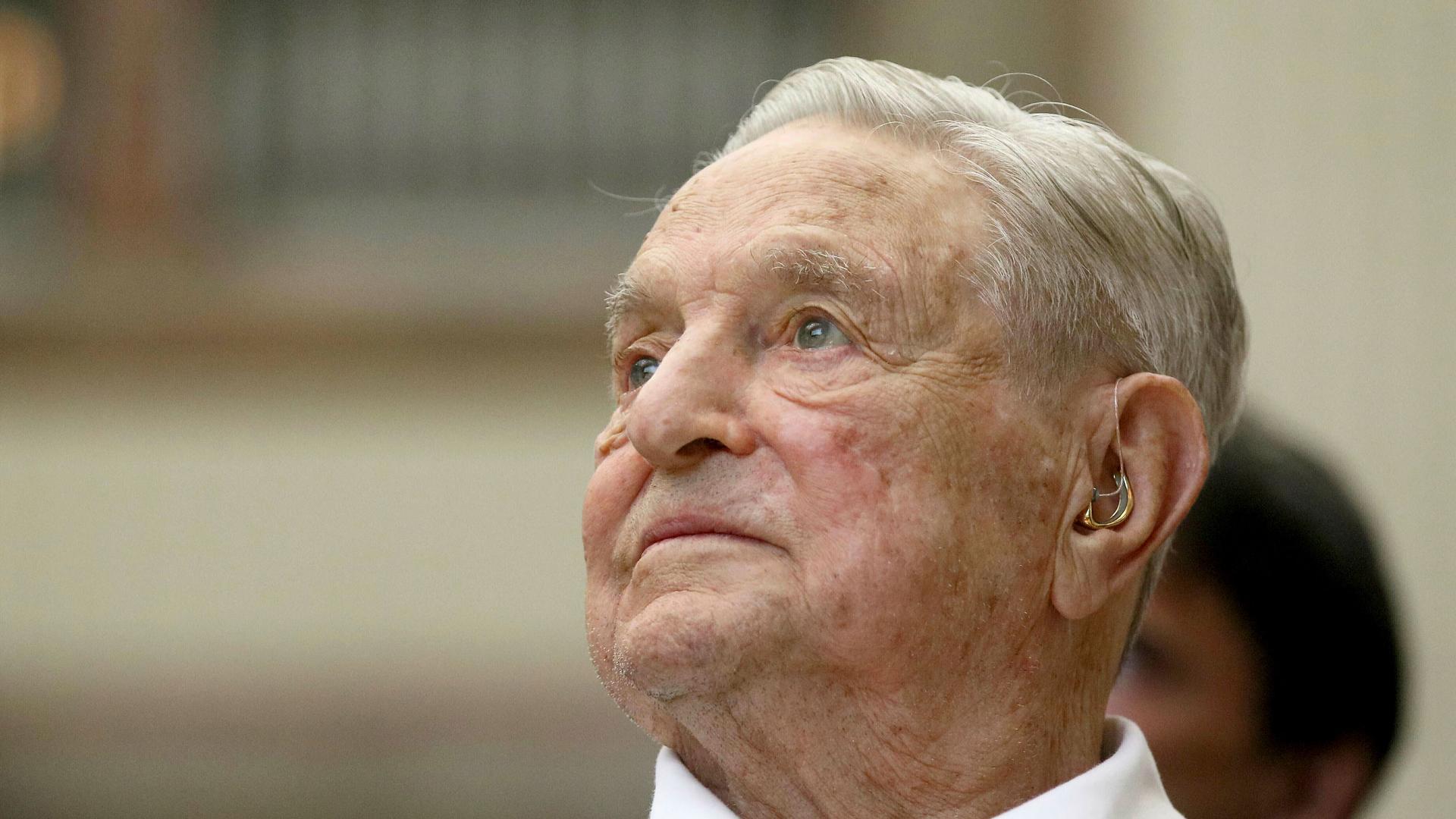This analysis was featured in Critical State, a weekly foreign policy newsletter from Inkstick Media. Subscribe here.
One way to understand philanthropy by society’s richest individuals is as a tax dodge. Setting up large foundations and funding them out of pocket allows billionaires to perform a nifty trick. Not only do the billionaires keep that money from going into government coffers, where, in a democracy, the public and its representatives would decide how to spend it on the state’s behalf, but they get to keep control of the money in the form of an organization that putatively acts in the public interest. Except, when the money is in a foundation, it’s the billionaires who get to decide what the public interest actually is — which is to say, billionaires get to act like a state. And, like a mouse recently gifted a cookie, if you give a billionaire the opportunity to act like a state, he’ll want to get involved in international relations. This week and next on Deep Dive, we’ll look at research on what happens when major philanthropy tries to influence the international system.
Related: Monetary policy by other means: Part I
Researchers Guadalupe Correa-Cabrera, Lucas Núñez, and Hayden Ludwig took a systematic approach to measuring the effect of philanthropic interventions in international politics in their recent article in Global Studies Quarterly. In 2011, they point out, private philanthropy in international development spent $39 billion on development projects. For comparison, in the same year the World Bank spent $43 billion on development projects, and US government development aid amounted to $31 billion. It might, they suggest, make sense to keep track of what projects philanthropic money funds and how those projects fare.
Related: Monetary policy by other means: Part II
That measurement project is easier for the really ambitious foundations, which aim to produce national-level change in the countries where they intervene. To understand whether they are achieving their goals, we don’t have to rely on internal project measurements, but instead can look at independent measures of national outcomes. Few foundations have the level of national-level ambition for its projects around the globe that the Open Society Foundation (OSF) brings to its work. OSF, funded by billionaire George Soros, explicitly aims to promote democratic governance in countries around the world. To accomplish that goal, OSF spent $1.7 billion between 1999 and 2018, funding organizations outside the US that work to strengthen democratic norms in their home countries.
Correa-Cabrera et. al. tracked that spending to see what results it produced. The short answer? Not much. The researchers compared countries that received high levels of OSF funding, lower or intermittent funding, and those that received no OSF support at all. After some statistical wizardry to account for the baseline differences between those countries, they compared measures of democracy, state fragility, and freedom across all three groups. Countries that received significant OSF support fared basically the same in all measures as those that received none at all. OSF target countries even experienced the same number of protest events as other countries, despite the right-wing slander that Soros directly funds left-wing protesters.
In part, this result just reinforces the difficulty of international democracy promotion. OSF’s record on strengthening democratic norms abroad between 1999 and 2018 may not be impressive, but it certainly was less bloody than the (charitably) equally fruitless efforts of the US government over that period. Yet the result also emphasizes the extent the foundation system allows billionaires’ ideological fixations – even those that are laudable in theory – to take precedence over priorities that the public might prefer. $1.7 billion spent tax-free on failed democracy promotion efforts are funds that could have gone toward programs by agencies that at least are accountable to US voters.
Critical State is your weekly fix of foreign policy without all the stuff you don’t need. It’s top news and accessible analysis for those who want an inside take without all the insider bs. Subscribe here.
